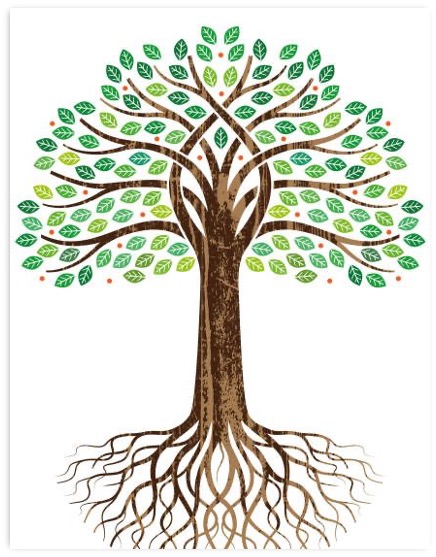
One of the fundamental questions we all face today is how to counter the urgent challenges posed by global climate change and unequal economic development. Questions coalescing around notions of ethics, justice, equality, and human rights intersect with questions of how to shape a culturally and environmentally sustainable world. Exploring a wide range of theoretical and practical perspectives on Sustainability, Social Justice and Ethics, this cross-disciplinary, introductory course will give students multiple disciplinary frameworks to think critically and productively about the intersections between the social and the natural worlds.
Environmental sustainability has reached a prominent place in today’s social, political and economic agendas. Although there is still much room for improvement, environment protection and sustainable management of natural resources seem to be making progress in shaping the behaviors of civil society, as well as of the private and public sectors. What seems to be relatively overlooked or misunderstood are instead the interdependencies between environmental sustainability and social justice. How are environmental sustainability and social justice intertwined and dependent on each other? Is it possible to promote environmental conservation while at the same time pursuing social justice? If yes, how can these two overarching goals be promoted at the same time? What are the success factors and main challenges of conservation projects when looked through the lens of social justice? After examining social justice and sustainability from historical and conceptual perspectives, this course tries to answer these questions through the analysis of concrete case studies of environment protection projects with relevant – both positive and negative – impact on involved communities in the global South.
- Teacher: Rossana Galli